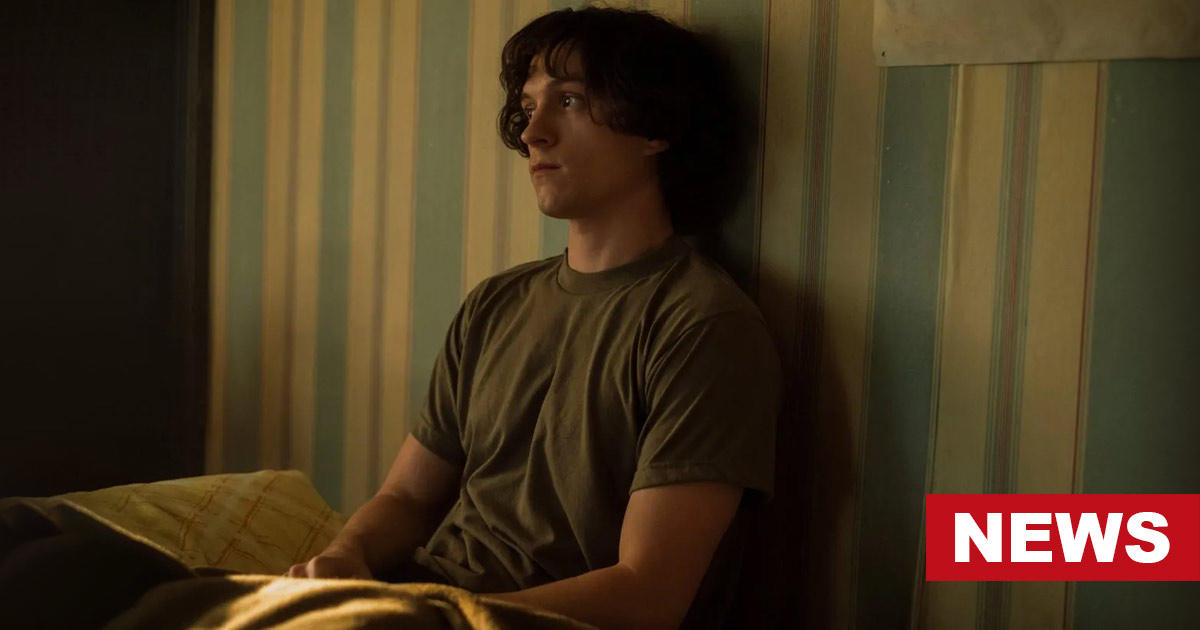Tom Holland made headlines recently when he announced his decision to take a break from acting for a year to focus on his mental health. This news came as a surprise to his fans, especially considering his challenging role as Danny Sullivan, a person with DID in The Crowded Room (Apple TV, 2023). The show, which received negative reviews and failed to create a significant impact, initially didn’t seem to warrant such a decision.
However, several reviews hinted at a major twist in Episode 7, which has since become common knowledge. The twist reveals that Danny Sullivan is a host in a Dissociative Identity Disorder (DID) system, and the crimes attributed to him were actually committed by his alternate identities, known as “alters.”
Characters that viewers believed to be Danny’s friends and protectors turned out to be manifestations of his internal life. In later episodes, these alters would “front,” altering Danny’s accent, posture, and entire personality.
This twist may not have been as surprising to those familiar with the real-life case of Billy Milligan, a serial rapist who pleaded insanity due to DID and was found not guilty.
The show loosely draws inspiration from Daniel Keyes’ book, “The Minds of Billy Milligan”, which is acknowledged in the opening credits. Consequently, the late twist lost some of its intended shock value. Unfortunately, it follows a pattern where fictional portrayals of dissociative identity disorder tend to associate it with violence and danger, perpetuating a misrepresented narrative.
Kelly Caniglia, a board member of the non-profit organization An Infinite Mind, which supports individuals with DID, expressed her concerns about the misrepresentation of DID in Tom Holland’s movie. Writing for Inverse, she explains that the media often misrepresents DID, causing her to approach any media related to it with skepticism.
According to Caniglia, DID is a trauma response where an individual’s memories, feelings, and traits become fragmented and distributed among multiple identities. She emphasizes that it is more prevalent than people realize, with 1.5% of the population living with the disorder, surpassing the number of redheads. To romanticize or sensationalize such a crippling mental health condition only serves to escalate the stigmatization of the disorder.
To their credit, the film makers claim to have approached the portrayal of DID in The Crowded Room responsibly. Tom Holland, in an interview, mentioned that they extensively researched the subject, including reading relevant books, articles, and speaking with experts and specialists.
Caniglia acknowledges some elements in the show that demonstrate this research, such as the depiction of Danny’s internal space as the “crowded room,” where his alters convene and discuss their actions. However, she remains critical of the show’s treatment of the disorder as a narrative twist, rather than an integral part of the character.
Holland defends the choice, highlighting the importance of understanding that Danny’s identity extends beyond his DID. He expresses the desire for audiences to get to know Danny as a human being before making assumptions about his mental health condition.
Caniglia finds the twist predictable and believes that there are numerous aspects of DID that remain widely misunderstood. She suggests that the show could have included a disclaimer or used its prominent platform to raise awareness about the disorder beyond its violent stereotypes.
Caniglia points to other works that challenge these stereotypes, such as Dylan Crumpler’s short film, Petals of a Rose, and Marvel’s series, Moon Knight, which portray individuals with DID in a more positive light. These examples provide the population with much-needed representation and break away from the harmful archetypes perpetuated by previous portrayals.
While The Crowded Room‘s multiple-personality disorder case presents a compelling story and attempts to depict DID as a self-preservation mechanism, it ultimately reinforces harmful stereotypes.
Caniglia stresses the importance of representation, particularly for a marginalized population already facing stigmatization. She believes that although the show is entertaining and has its moments of excellence, it continues to perpetuate the dangerous rhetoric associating mental illness, in this case, DID, with violence.




























